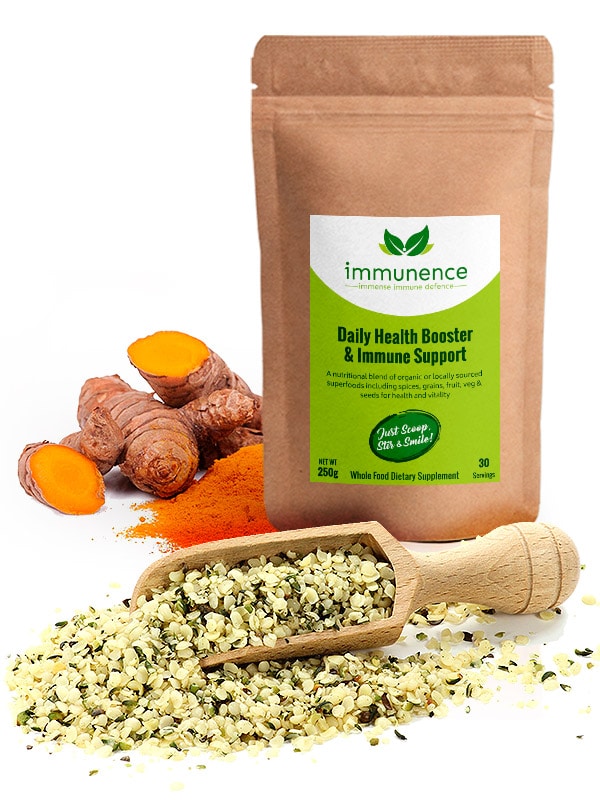Half of all American adults—including 70 percent of those age 65 and older—take a multivitamin or another vitamin or mineral supplement regularly. The total price tag exceeds $12 billion per year—money that Johns Hopkins nutrition experts say might be better spent on nutrient-packed foods like fruit, vegetables, whole grains and low-fat dairy products.
Senior male peruses the vitamin aisle
In an editorial in the journal Annals of Internal Medicine titled “Enough Is Enough: Stop Wasting Money on Vitamin and Mineral Supplements,” Johns Hopkins researchers reviewed evidence about supplements, including three very recent studies:
- An analysis of research involving 450,000 people, which found that multivitamins did not reduce risk for heart disease or cancer.
- A study that tracked the mental functioning and multivitamin use of 5,947 men for 12 years found that multivitamins did not reduce risk for mental declines such as memory loss or slowed-down thinking.
- A study of 1,708 heart attack survivors who took a high-dose multivitamin or placebo for up to 55 months. Rates of later heart attacks, heart surgeries and deaths were similar in the two groups.
 LANGUAGE
LANGUAGE SPANISH
SPANISH


0 Comments